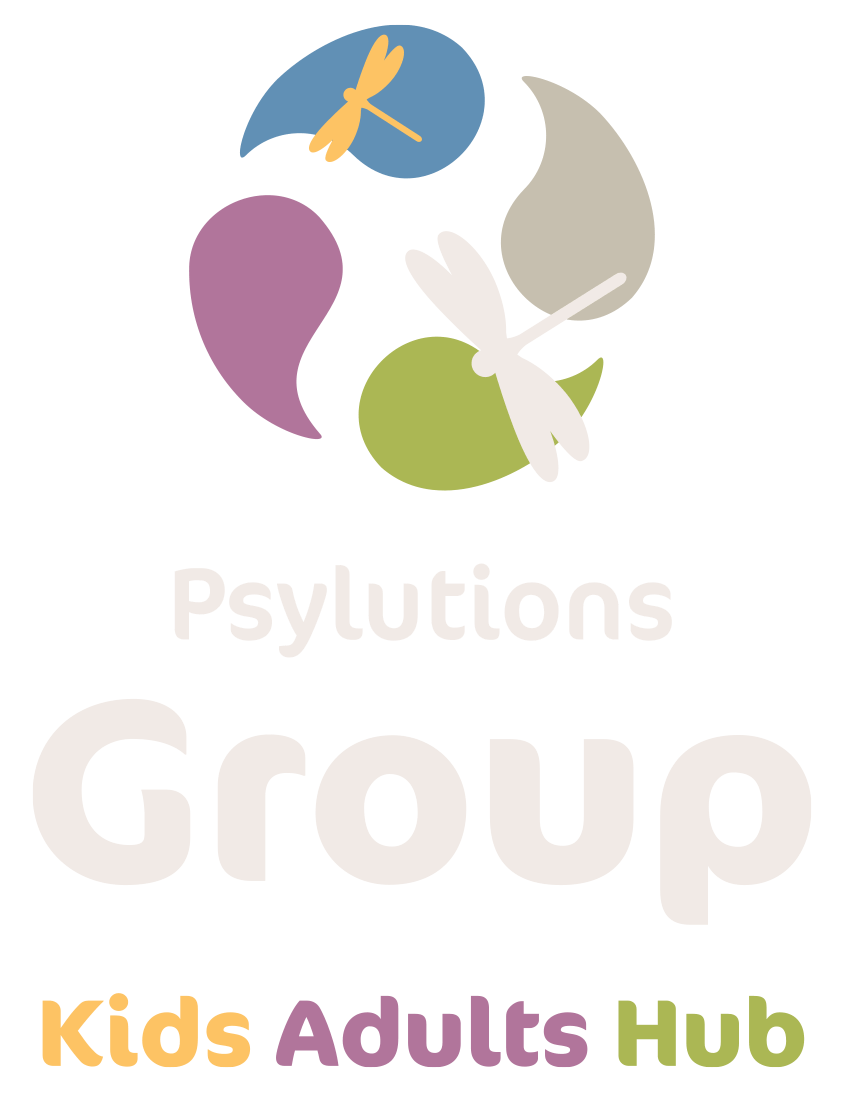Benefits of Assessments

These assessments explore an individual’s knowledge, capabilities, skills, and personality traits, providing critical insights in scenarios such as:
Screening and Diagnosing conditions that influence behaviours, such as Autism Spectrum Disorder (ASD), Attention Deficit Hyperactivity Disorder (ADHD), and Intellectual Disability (ID).
Recognising giftedness
Identifying or diagnosing learning difficulties or other speech or occupational delays
Detecting intellectual challenges
What We Offer
At Psylutions Group, we conduct a comprehensive range of psychometric assessments, including (but are not limited to) the following services:
Diagnostic Assessment
Analyses intellectual capabilities, academic performance, and diagnostic evaluation, including ADHD and Specific learning disorder Assessments
Educational Assessment
Examines both intellectual potential and academic performance
Autism Spectrum Assessment
Assesses social and communication skills, along with restricted interests and repetitive behaviours using The Autism Diagnostic Observation Schedule-Second Edition (ADOS-2) or Monteiro Interview Guidelines for Diagnosing the Autism Spectrum, Second Edition (MIGDAS-2)
Cognitive Assessment
Evaluates intellectual capabilities
Functional Assessment
Evaluates overall functioning and potential for intellectual disability
Academic Assessment
Measures achievement in areas like language, reading, writing, and math
Forensic Assessment
Evaluation of potential factors influencing anti-social behaviours
Additionally, our team employs a multidisciplinary approach to assessments, ensuring that we draw on a wide range of expertise in psychology, speech pathology, and occupational therapy to provide the most accurate and comprehensive understanding of each individual’s needs while also meeting the DSM-5 criteria for NDIS and the education system diagnostic criteria.
What is Involved in the Assessment Process?
Our assessment process usually includes:

An Initial Intake Interview
The initial assessment interview will be booked for a duration of 1 hour and 30 minutes. During this session, either the adult client or the child’s parents will have the opportunity to provide comprehensive history and information regarding the child’s current level of functioning or the adult’s current functional status. You can discuss the reasons for seeking assessment and offer insights into cognitive, social, family, and emotional history. It’s beneficial to bring along school and teacher reports, previous assessments, or any relevant documents or letters.
Following the intake session, which typically lasts approximately 50 minutes, the clinician will allocate an additional 40 minutes to review the gathered information, develop a plan, and send out a quote for the assessments via email.
Test Administration
The process typically begins with administering a general intellectual ability test, known as a cognitive assessment. Subsequent tests may focus on academic abilities or provide a more in-depth assessment of specific cognitive domains, as determined by your clinician.
To ensure optimal results, tests are usually administered on a different day than the intake session and are scheduled in the mornings to minimize fatigue and enhance concentration. The duration of testing varies based on factors such as the number of tests required, the individual’s working speed, age, and attention span. Breaks are provided during the testing session, and we encourage you to bring a drink and snack for yourself or your child. If necessary, tests can be divided into multiple sessions.
Additional assessments, such as self-report and questionnaires, may be completed either at Psylutions Group or sent to you electronically for completion at home. For children, it’s important to discuss the assessment with their teachers as some assessment will be needed to be completed by them. These assessments will be questionnaires and assessments to gather further observations from the classroom and insights about your child’s behaviours and performance in an educational setting. This information is invaluable in aiding the clinician during the assessment process.
Feedback Session
A separate feedback session is then organised with you to discuss yours/ or you child’s results. and recommendations/intervention plan. A written report is also provided which can be shared with teachers and other medical professionals.
This feedback session will usually take approximately 50 minutes and additionally 10 minutes will be added to the appointment for the clinician notes.
Report Writing
During this period, the clinician will meticulously score and interpret all assessments, questionnaires, and self-reports. The report will encompass an overview of the individual and their life, detailing pertinent information gathered during the assessment process. It will include a thorough analysis of the assessment results, highlighting both strengths and barriers observed in the client’s functioning, with specific attention to how these factors may impact their performance at school or home.
Furthermore, if a diagnosis is warranted, it will be clearly stated within the report, accompanied by relevant supporting information. Additionally, the report will provide recommendations aimed at supporting the individual’s goals and addressing any identified challenges. These recommendations will be tailored to the individual’s unique needs and circumstances, with the overarching goal of facilitating their growth and well-being.

How Much do Assessments Cost?
Each diagnosis and assessments differ depending on individual requirements however, generally an ASD diagnostic assessment include a comprehensive multidisciplinary report with all the requirements for education or NDIS requirements is approximately: $3500.
An assessment for ADHD for an adult including a report is approximately: $2000.
Please note some health funds and other financial support may be available depending on individual situations.

Speech Assessments
Speech Assessments are an assessment completed by a registered Speech Pathologist. During the assessment they evaluate the client’s ability to communicate verbally.
Typically, the assessment will include tests that measure speech clarity, language, comprehension, and other communication skills.
People who may need a speech assessment include those who are experiencing speech delays, having difficulty pronouncing words, or having trouble understanding language. The assessment can successfully identify any challenges and guide the development of appropriate interventions to improve communication abilities.
Occupational Therapy Assessments
Our occupational therapists along with contributing to the multidiscipline diagnostic reports can also conduct assessments in fine and gross motor function, functional capacity assessments, sensory need assessments and behavioural function assessments. Some common assessments include the:
- Fine and gross motor function assessments
- Sensory profiles
- Functional capacity assessments
For appointments
call us on 4728 4288










